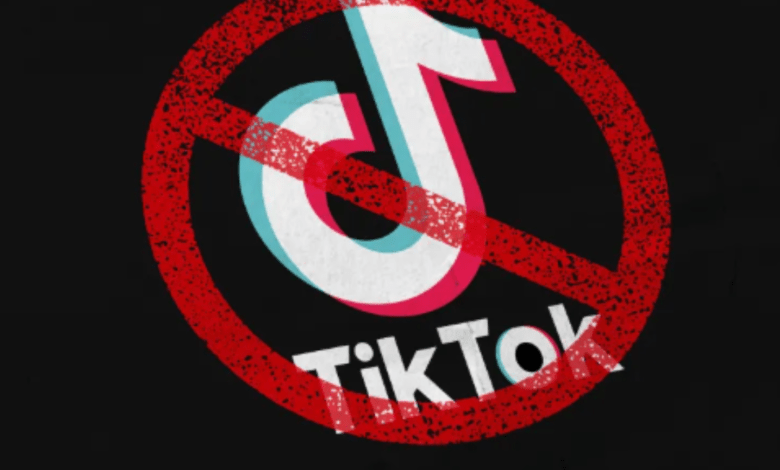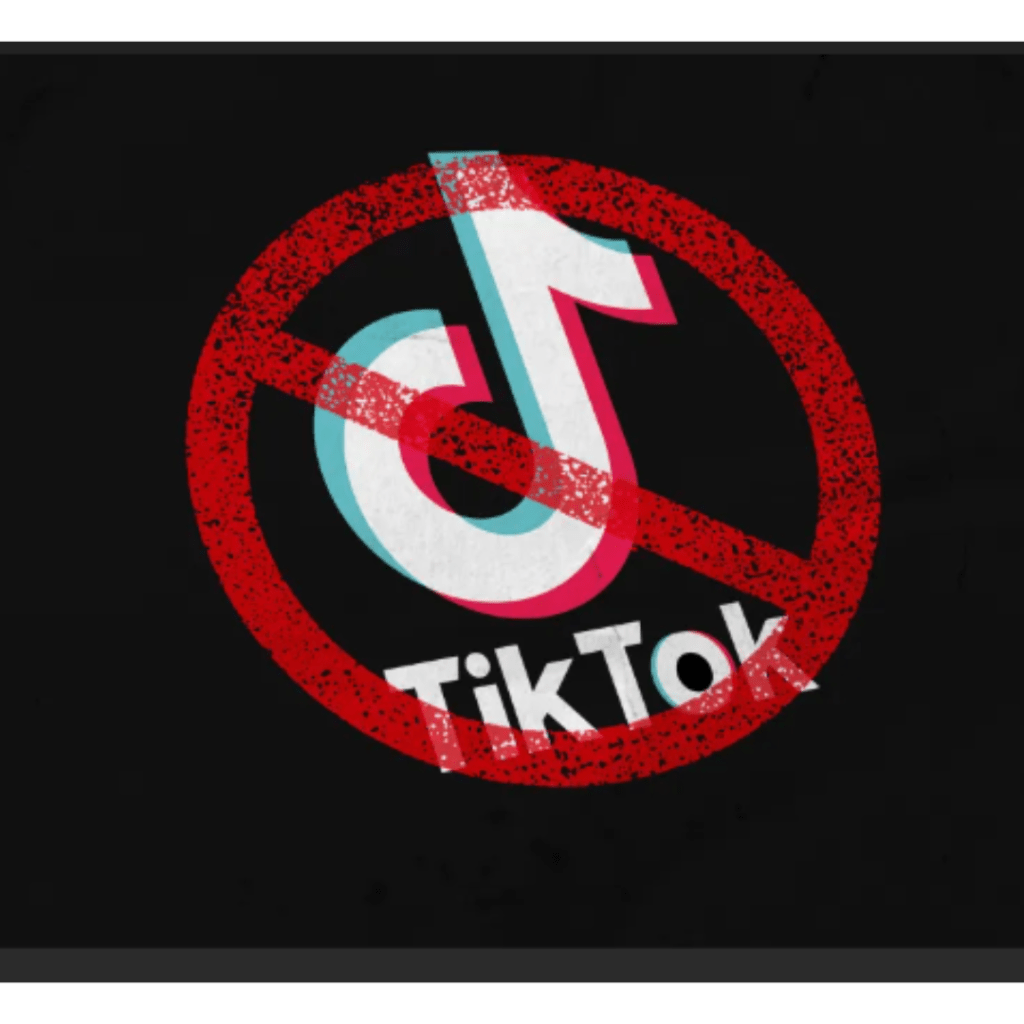TikTok Ban in US: A Bold and Optimistic Step Towards National Security

The news of the TikTok ban in the US is surreal. Remember when TikTok was banned overnight in India? It caused a major uproar, as so many top TikTok performers lost their followers and earning medium in the blink of an eye. The move was crucial in terms of digital security. In the US, President Joe Biden signed into law the bill concerning ByteDance, the parent company of TikTok, and has asked them to dissolve their U.S. operations. This decision highlights concerns about national security and the potential risk of the Chinese government accessing the personal data of American TikTok users.
Thank you for reading this post, don't forget to subscribe!
Why the TikTok Ban in the US Was Necessary
With the January 24, 2025, deadline, ByteDance is required to complete the sale or face strict consequences. The bill was attached to crucial funding for Israeli missile defence and Ukrainian military equipment, indicating the urgency and importance of this legislation. Such potential security threats have catalysed the government to take proactive measures to safeguard its citizens’ national interests and privacy.
The Legislative Journey and TikTok’s Resistance
The legislative process of the TikTok ban in the US underscores the complexity of national policy priorities that have converged to challenge the operations of TikTok in America. The conditions of the ban allow the parent company, ByteDance, to sell TikTok and provide the White House with the authority to extend this deadline. This seems to be a strategic yet flexible approach by the government to a security concern.
Global Reactions and Broader Implications
The TikTok ban in the US is part of a growing trend where countries are increasingly cautious about foreign technology platforms. This action is similar to the steps taken by other nations that banned TikTok and other Chinese apps, citing national security concerns after political tensions. These moves globally signify a cautious approach to managing the complex interplay between technology, privacy, and national security.
What Lies Ahead with this TikTok ban?
With the TikTok ban in the US, 270 days (approximately 6 months) have been given, within which ByteDance must either finalise the sale of TikTok’s U.S. operations or apply for an extension. This period could see a lot of negotiations happening related to the ban, potential legal challenges from TikTok, and an interesting turn of events in international and diplomatic relations. The TikTok ban in the US will affect the company and set an example in international tech policy.
Conclusion
This ban is set to change the face of the digital arena. There is bound to be some resistance from the users, as it has many livelihoods attached to it. The TikTok ban in the US is an essential step in the ongoing debate over digital sovereignty, data security, and the influence of global tech companies. As the deadline approaches, the actions of ByteDance, the responses of US policymakers, and the potential outcomes of any legal challenges will be closely watched. The outcome of the TikTok ban in the US will likely influence future tech policy decisions worldwide, highlighting the critical balance between innovation, privacy, and national security.
FAQ
Q. What are the deadlines set by the TikTok ban law in the US?
The law sets a firm deadline of January 24, 2025, for ByteDance to sell TikTok’s U.S. operations or face potential repercussions. The president has the authority to extend this deadline by an additional 90 days if necessary.
Q. How has TikTok responded to the ban?
TikTok has opposed the ban, arguing that it violates the First Amendment rights of its users and could negatively impact many small businesses that rely on the platform for their operations.
Q. What global reactions have there been to similar actions?
Other countries, notably India, have also banned TikTok citing national security concerns, reflecting a global trend of increased scrutiny over foreign technology platforms.




